Blog Layout
NHS Continuing Healthcare
September 20, 2019
If a person’s medical condition is unpredictable and/or unstable and they need constant 24 hour acute or specialist nursing care, they may be entitled to NHS Continuing Healthcare.
NHS Continuing Healthcare will cover all the costs of your care, including accommodation if you need to be in a care or nursing home. The eligibility for NHS Continuing Healthcare is based on the individual having a “Primary Health Need”.
In order to determine whether an individual has a primary health need, a detailed assessment and decision-making process must be followed, as set out in the National Framework. Where an individual has a primary health need and is therefore eligible for NHS Continuing Healthcare, the NHS is responsible for commissioning a care package that meets the individual’s health and associated social care needs.
A primary health need is not about the reason why someone requires care or support, nor is it based on a diagnosis; it is about the level and type of actual day-to-day care required and it is the nature and intensity of these needs that must be considered when determining eligibility for NHS CHC.
The first step is the completion of a Checklist.
The Checklist is a screening tool and the first stage of the NHS CHC funding assessment process. It is intended to be relatively quick and straightforward, so it is not necessary to provide detailed evidence along with the completed Checklist.
A positive outcome in the Checklist does not mean the individual is automatically eligible for NHS CHC funding; it simply means that they progress to stage two.
Stage two involves a multidisciplinary team (MDT) and the use of the Decision Support Tool (DST). This stage is often known as the ‘full assessment’ and it is much more involved.
The DST aims to bring together and record a person’s needs based on 12areas termed ‘care domains’. These are:
- Behaviour
- Cognition
- Psychological/emotional needs
- Communication
- Mobility
- Nutrition -food and drink
- Continence
- Skin (including tissue viability)
- Breathing
- Drug therapies and medication: symptom control
- Altered states of consciousness
- Other significant care needs.
The individual is assessed on their needs in each of the twelve domains, which are scored as having low(L), moderate(M), high(H), severe(S) or priority(P) needs.
There is no specific combination of scores that will ‘guarantee’ eligibility, however, a clear recommendation of eligibility to NHS continuing healthcare would be expected where:
- The needs in any domain have been assessed as at “priority” level.
- A total of two or more incidences of “severe” needs have been identified across all care domains.
An indication of a primary health need may arise where:
- One domain is recorded as severe, as well as there being needs in several other domains, or
- Several domains are recorded as having high and/or moderate needs
When someone is terminally ill, it is possible to fast track the system of assessment.
Once the NHS funding has been agreed it is subject to review, initially at 3 months and then usually annually thereafter.
If you have not been granted NHS funding, you can appeal against the decision. There are specialist solicitors and advisers who can take clients through the appeal process.
It is always a good idea to keep an eye on the individual’s health, because there is nothing to stop you requesting a further assessment if their condition deteriorates.
Finally, it is possible to ask for a retrospective assessment to look at whether an individual should have been receiving NHS funding. This can happen even if the individual is no longer alive. This is a complex process and expert advice is required.

September 20, 2019
Well only sometimes. Firstly, if you don’t already, you’ll need to understand the difference between ‘social’ and ‘health’ care. Social care is best described as care needed to help with activities of daily living (washing, eating, mobility etc). It is the responsibility of your local authority who will assess the needs you have, and they will also assess how much you are able to pay towards the care you need. If someone in need of social care owns a house or has much in the way of savings, the chances are they’ll have to pay for all or at least some of their social care. On the other hand, health care is where your needs are of a medical nature, and this is the responsibility of the NHS. So, if your need is for health care, this is currently free at the point of need.

September 20, 2019
Corporate Chartered status is awarded by the Chartered Insurance Institute – the professional body for insurance and personal finance, to firms that have made a public commitment to aligned ethics and values, to providing knowledgeable advice backed up by qualifications and continued professional development, and to seeking good customer outcomes.

September 2, 2019
These are two questions that people often ask themselves when they start thinking about financial planning. And that’s only natural. We expect our money to help us feel safe, especially as we grow older and start thinking about retirement. Unfortunately, if you view your savings and investments only as numbers on a page that you’re trying to nudge upwards, then there’s no such thing as “enough.” You could always be saving more. You could always be investing more. You could always be spending less. But does doing so make you feel any happier? Your financial plan should be a vehicle that takes you where you want to go. If you’re fixated on “having enough money,” then your plan, and the life it provides you, will be stuck in a cul-de-sac. You’ll find yourself trying to justify every minor and major financial decision as you circle around and around wondering if you “have enough.” That’s not a trip that’s going to make you feel secure. It’s not going to make you feel happy either. Ask New Questions Today, people are starting to ask a new question about their financial plan: “Am I getting the best life possible with the money I have?” Instead of focusing exclusively on their traditional return on investment (ROI), these people are starting to focus on their Return on Life ™ (ROL). But how do you know if you are getting a good ROL? We concluded that people need to measure where they are presently against the ideals they are striving for in the context of ROL. This is how the ROL Index was born. The ROL Index helps you answer the question: “Am I getting the best life possible with the money I have?” It consists of 20 questions that are grouped into three categories: Well-Being , Progress , and Freedom. You can think of the ROL Index as a measure of life satisfaction and how well you are using your money to live your best life possible. Let’s look at the three categories and some of the resulting conversation points.

September 2, 2019
Consider these two scenarios: Mark spends lots of money on trips and entertainment. His father was a workaholic who never took time to really enjoy what he had earned. Nancy never feels she saves enough, despite the fact she is a millionaire. She grew up in a large family that constantly struggled to make ends meet; at one point the family was homeless. Both examples illustrate the impact your individual backstory can have on how you think about money and investing. These stories are an essential part of your Financial Philosophy. Have you ever thought about how and why you make money decisions as you do? Before talking about strategies, tactics, allocations, and categories, it is essential that we both understand how you think about investing and money matters. Every decision we make involves both money and values. Financial Philosophy is understanding the connection between the two and using that connection to make the right decisions when it comes to investing. Understanding your own Financial Philosophy begins with answering a series of questions designed to help you develop a plan that works for your unique set of values and circumstances: Debt: How much debt do you have? Are you comfortable with that level of debt? Savings: How much savings do you have? Are you comfortable with your level of savings? Spending: What is your level of spending? Are you comfortable with your level of spending? Giving: What is your level of charitable contributions? Are you comfortable with your level of charitable contributions? Stock Market: Does investing in the stock market make you nervous? Are you comfortable with your level of investment in the stock market? Insurance: How do you feel about insurance? Are you comfortable with your level of coverage? Children: What is your attitude regarding supporting your children? Do you expect them to earn their own way, or do you want to give them every advantage? Somewhere in between? Are you comfortable with what you can provide them? Retirement: When do you plan to retire? As soon as possible? Never? Somewhere in between? Are you comfortable with your current retirement plan? Answering these questions completely and honestly will help us ensure that your plan supports your values.

September 2, 2019
With ROL, money becomes a tool to help you live the life you want. Accumulating as much wealth as possible is no longer the primary objective of your financial plan. The traditional path to saving and investing has been to focus on the future (retirement) and rely solely on numbers and return on investment (ROI). However, this approach often can be misleading because it doesn’t consider your individual circumstances. “Beating the market” is often an artificial objective because it is not likely to have a substantive impact on your unique situation. Consider this: what does beating the market by one percent less (or more) mean to how you live your life? Do market returns have an impact on how you live your life? What is relevant is developing a financial plan that considers the following: How much do you currently have invested? What is your current cash flow? What transitions are you currently experiencing, or expect to experience (examples include paying down debt, divorce, concern about illness, job loss, retirement, purchasing a home, providing financial assistance to a family member)? Do I feel comfortable with my level of financial obligations (examples include housing expenses, leisure activities, and healthcare expenses)? By incorporating these factors into your planning, we can begin to understand what needs to change (or not change) in order to live the best life possible without overextending yourself. You may even be pleasantly surprised to learn you can enjoy the fruits of your labours sooner than expected! Money does not exist for its own sake. Money exists as a utility that we use to improve our lives. How your returns compare to any index, fund, investment category, or another person are less consequential than whether you are meeting your own ROL goals. Measure your success against your objectives, not someone else’s. You don’t need to keep up with the Jones’—or anyone else. In order to enjoy ROL, you need to understand where all your money is coming from and where all your money is going––and why. Understanding the “why” enables us to create a plan that works for you and your individual circumstances. You may be living above your means and need to make changes to your lifestyle. Or you may already have enough and be able to take a trip or enjoy another experience you have been putting off.
Quick Links
0118 979 7596
mail@pfcthamesvalley.co.uk
Professional Financial Centre (Thames Valley) Ltd, authorised and regulated by the Financial Conduct Authority.
Registered in England 4261618. Registered office: Meadow Gate, Woods Farm, Easthampstead Road, Wokingham RG40 3AE
Quick Links
0118 979 7596
mail@pfcthamesvalley.co.uk
Professional Financial Centre (Thames Valley) Ltd, authorised and regulated by the Financial Conduct Authority.
Registered in England 4261618. Registered office: Merlin House, Brunel Road, Theale, RG7 4AB
The Financial Ombudsman Service is available to sort out individual complaints that clients and financial services businesses aren’t able to resolve themselves. To contact the Financial Ombudsman Service please visit www.financial-ombudsman.org.uk.
© 2024
Professional Financial Centre (Thames Valley) Limited
Cash management and financial planning services are unregulated



